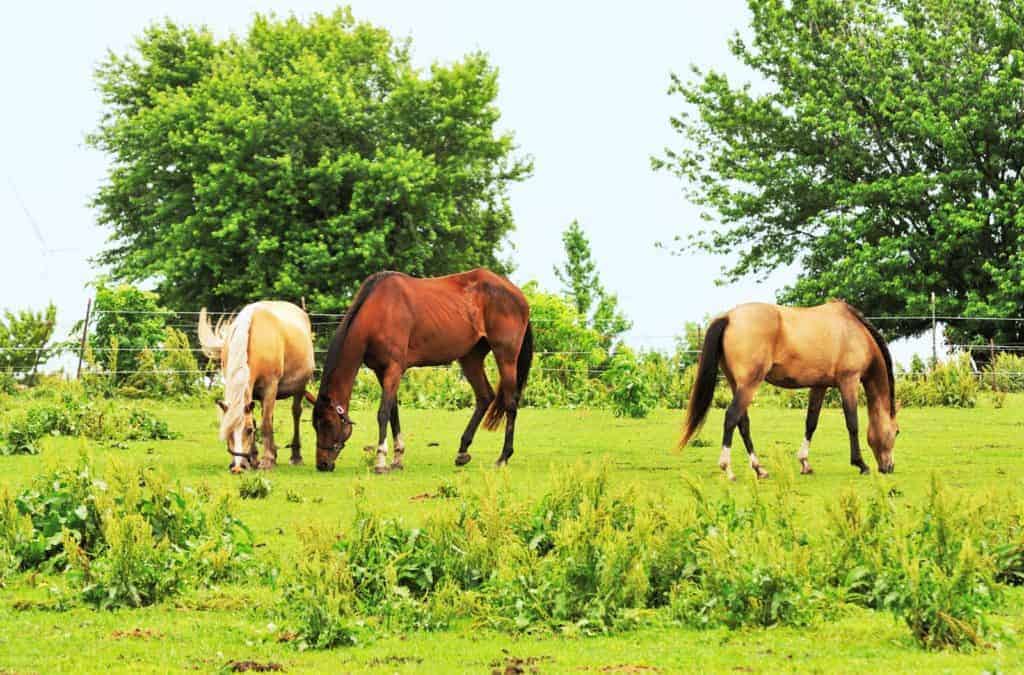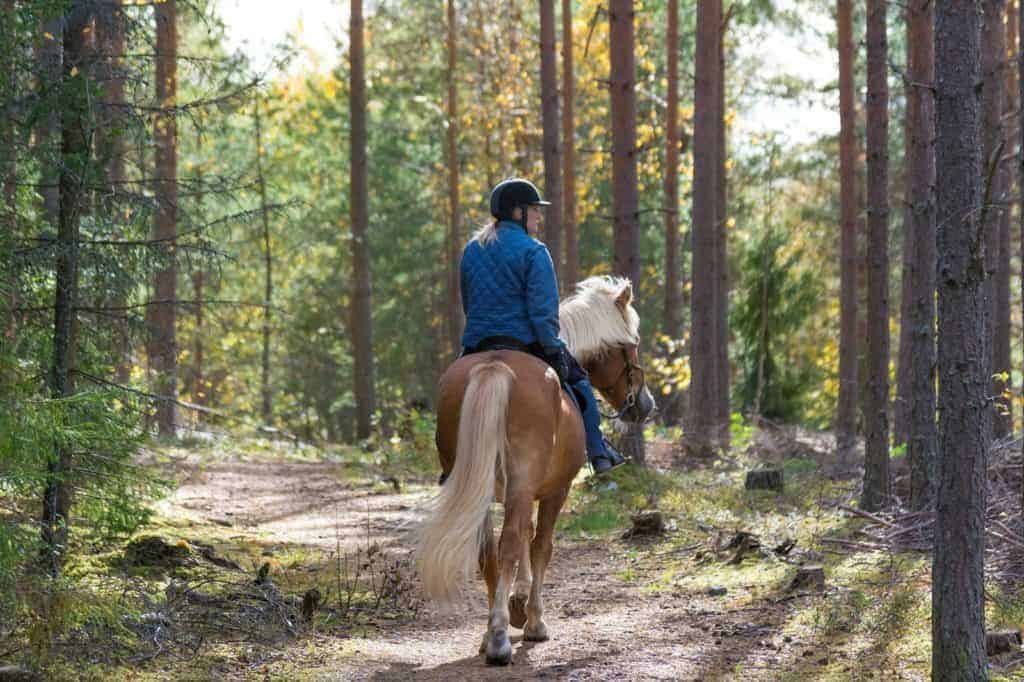
Preventing Pasture Overgrazing
Overgrazing isn’t just a problem of too many horses on a pasture. Instead, it results from not giving plants a chance to rest.

Overgrazing isn’t just a problem of too many horses on a pasture. Instead, it results from not giving plants a chance to rest.

Your horse came out of winter in good body condition. Find out how can you keep that trend going as the grass greens.

Learn about grass health, maintenance, rotational grazing, sacrifice areas, and more.

Watch this educational video to find out!

Horse owners, farm owners, and farm managers will have the opportunity to listen to several informative talks from forage experts.

Can you pass Alayne’s test? Get advice for winterizing and making your horse property chore-efficient.

The stocking rate of livestock on a pasture has a significant impact on both forage productivity and financial profitability of an operation.

Improper pasture management of horses during the winter and early spring can adversely affect pasture quality and the environment. Using drylots can help.

When the going gets muddy, the muddy get hoof problems. Here’s what to watch for in your horses.

As we move into fall, here’s a quick list of recommendations from the University of Kentucky to help manage pastures.

Just six or seven months ago, Kentucky was dealing with overabundant rainfall and soaked pastures, but now things are close to bone dry. Kentucky needs rain, and fast.

Our equine nutritionist gives advice on how to prevent weeds in your horse pastures.

If we want to keep our trails and public lands open to horses, we must be responsible riders who care for the land and coexist with other trail users.

Fall is a good time to evaluate the quality of your horse pastures, because it is easy to see which weeds were most prevalent and uncontrolled during the summer and are now large and seed-producing.

Most cool-season horse pastures should be fertilized with nitrogen in the fall to boost root reserves and extend the grazing season.

While using goldfish to help clean water troughs is popular among horse owners, one researcher shows it’s ineffective.
Stay on top of the most recent Horse Health news with
"*" indicates required fields